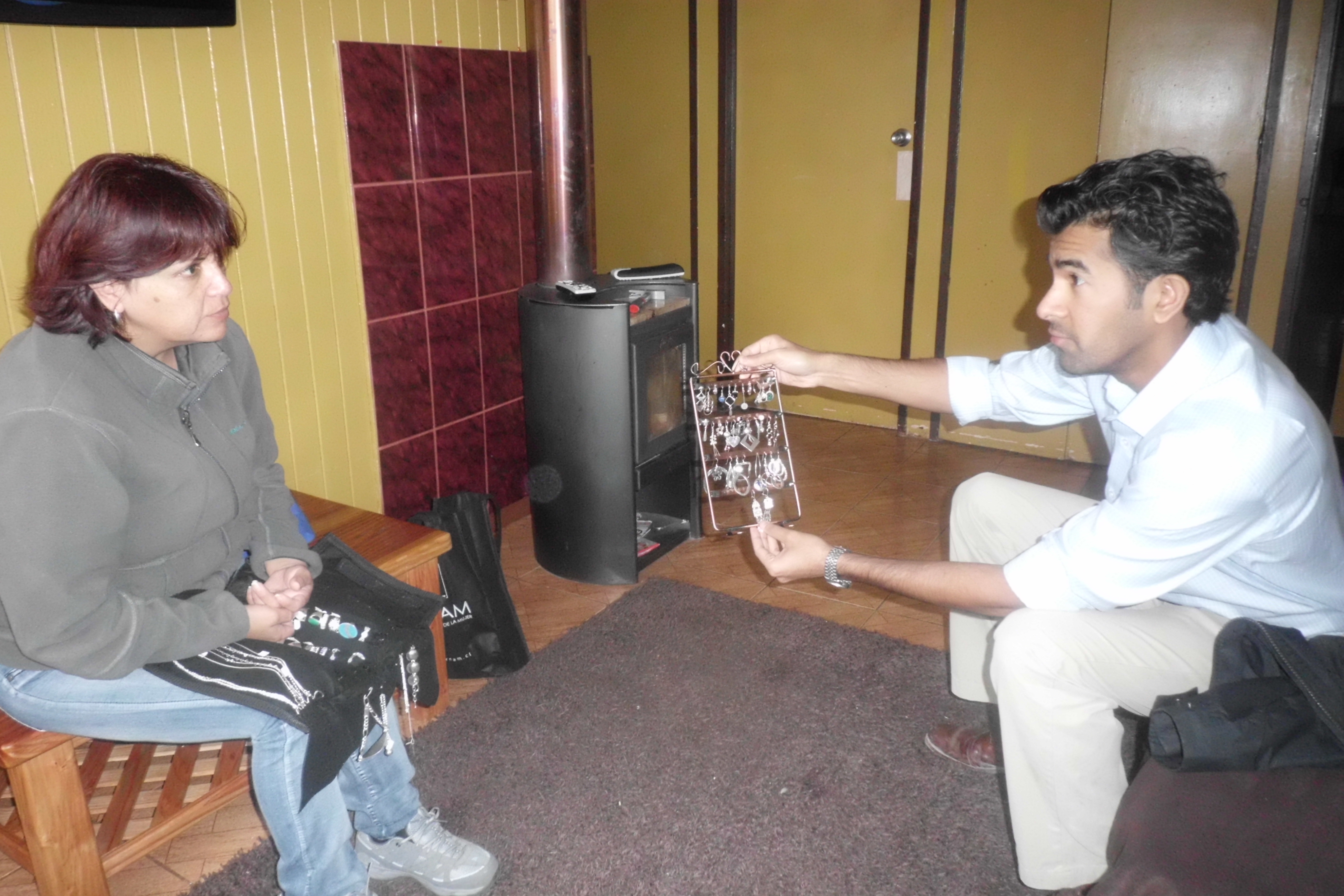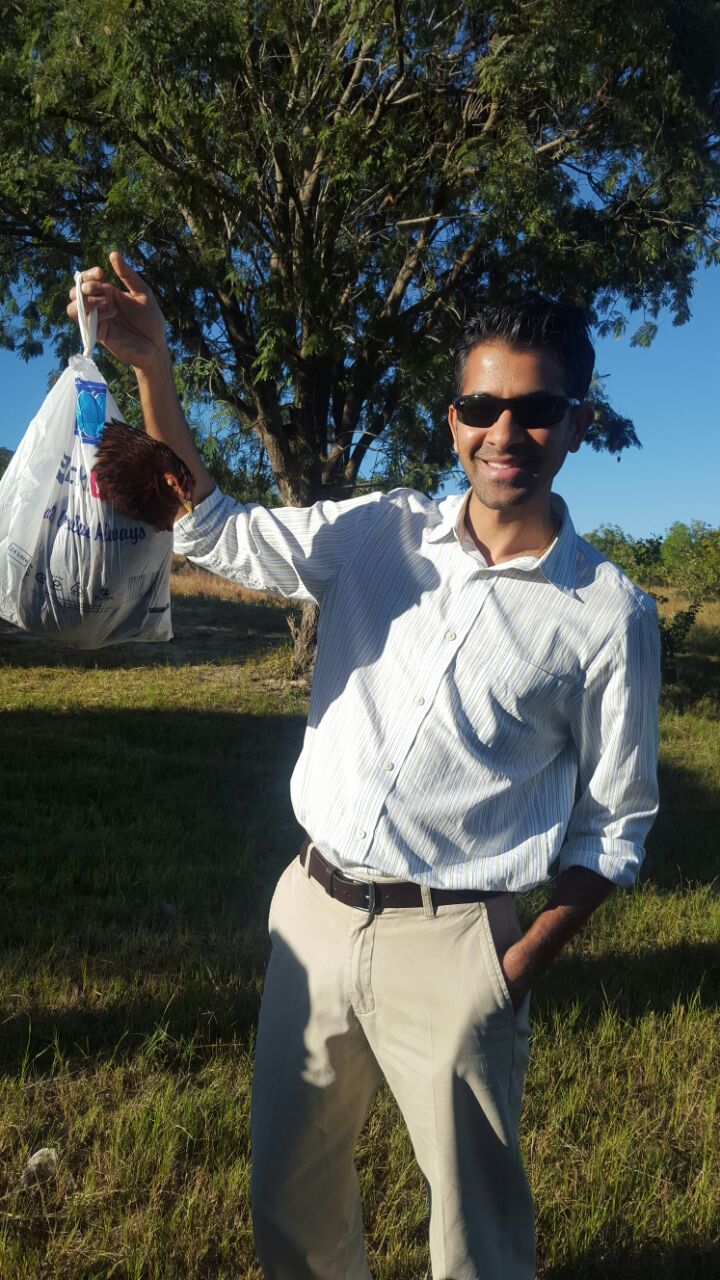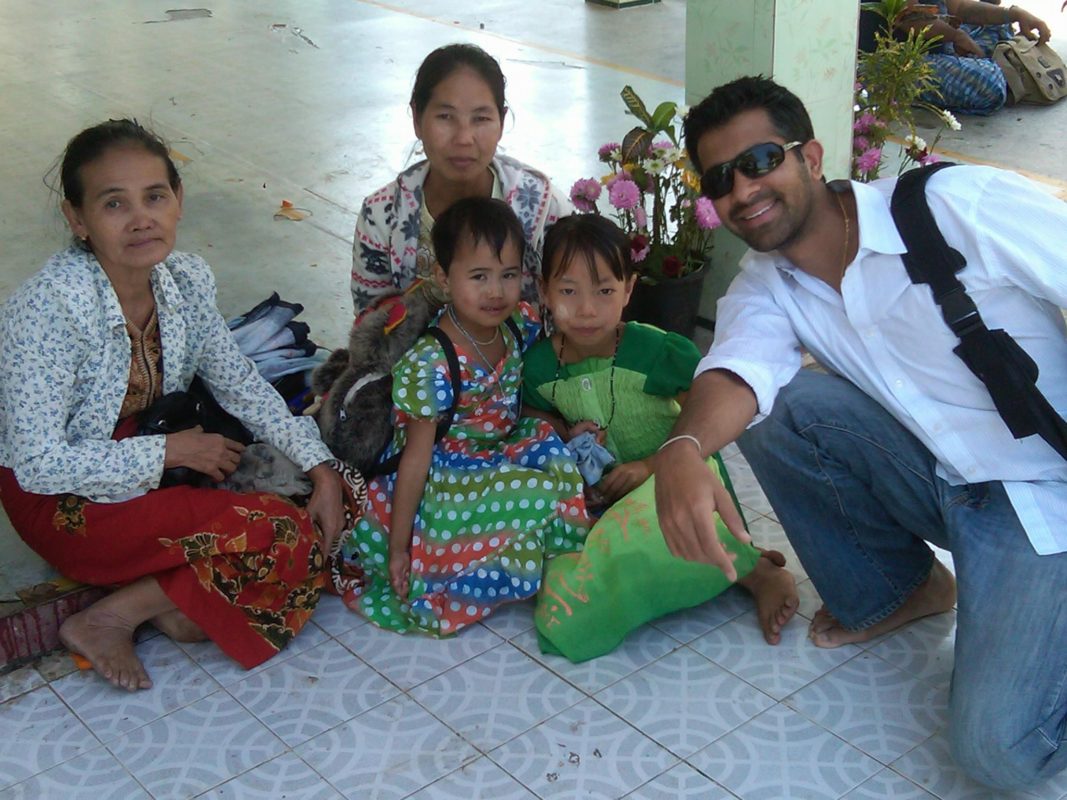 Since its beginnings in October 2010, SKI Charities has developed an impressive array of programs in two operating sites: Lebu, Chile and Mutare, Zimbabwe.
Since its beginnings in October 2010, SKI Charities has developed an impressive array of programs in two operating sites: Lebu, Chile and Mutare, Zimbabwe.
Despite facing uncertainties and criticism—both internal and external—the organization’s founder, Shyam K. Iyer, felt inspired to see his project to fruition.
Shyam sat down to talk with us about how the organization got its name, and how he defied many doubts to make his idea into the institution that it is today.
So what does SKI stand for?
Well, simply put, those are my initials, Shyam Krishna Iyer.
What was the impetus behind using your initials?

Well, when we thought of naming the organization, we didn’t want it to be too focused on one particular community or culture. So even though we kicked off in Zimbabwe, we didn’t necessarily have to be a Zimbabwean name because we knew we’d be in Chile, and now that we’re in those countries we’re looking at others. So I thought, let’s make it broad, non-cultural, but also personality-driven. So when people see your name on something they know you own it, they know that you care about it, and they know you’re gonna attach yourself to it whether it goes up or down.
It also reminds me of where we started. You know, it’s been a lot of hard work getting this going. I put a lot of myself into it. People close to me who have allied themselves with me have also put a lot of pressure on themselves and effort into getting this done. So there’s a lot of people tied up in those initials SKI, and that’s why my initials are so important.
You talk about where you started. What was that time like?
There were a lot of challenges starting from scratch, with a good network but very little organizational structure and frankly a lot of doubts. A lot of people outside of my network who I approached at the beginning of 2010, they had a lot of questions. They questioned our motto of going to the most remote markets in places like Zimbabwe, which don’t have a lot of other people getting involved. People recommended we either put our money into their programs, or maybe going another route, so there was a lot of delay.
But one thing I did luck out with is that I happened to be in San Francisco at the time, and there’s a strong entrepreneurial spirit there. So people at least gave me the energy to start something on my own, to take a chance even though other NGOs like KIVA act as a conduit for donors and for microfinance institutes.
 Elaborate for me on how SKIC is distinct from an organization like KIVA.
Elaborate for me on how SKIC is distinct from an organization like KIVA.
We are both the donor base and the institute itself. We really keep it tight so we know exactly where the money is coming from and where it’s going. The people at KIVA were good to talk to. And really it’s just about me getting out there, pushing all these groups, pushing myself, and that’s why it comes back to my name. It really is my project and the project of the people I represent.
It must be really gratifying to look back on all the progress you’ve made.
Well of course, we have a long way to go, but I will allow myself to accept that we have come a long way and that a lot of the initial doubts we have overcome. And look, even though there are more challenges ahead, the progress we have made in Zimbabwe and Chile through our microfinance program, our scholarships, and now our artist promotion program, they’re all irreversible. What we’ve done there will last, and we’ve changed hundreds of lives. So it’s really satisfying to think about it from that point of view, and it’s also encouraging that with the rest of the hard work to come, we can definitely continue to move forward and progress.

